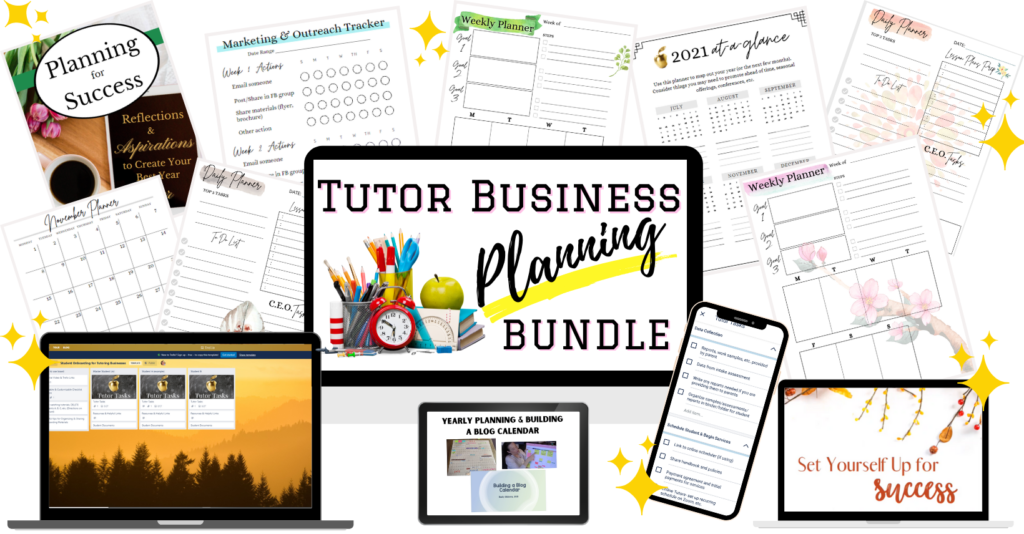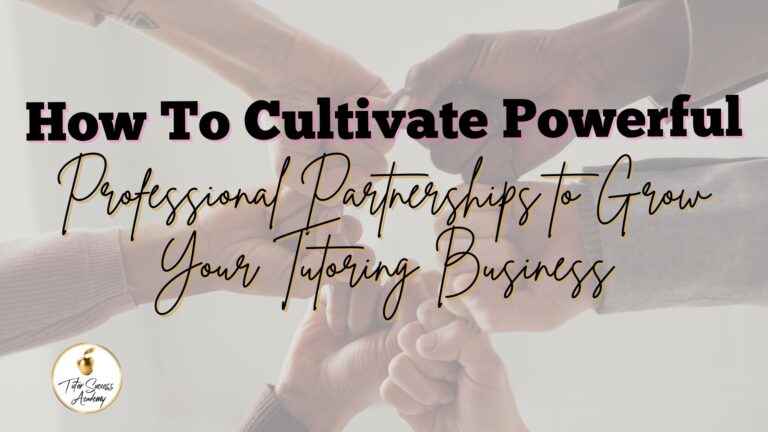4 Things to Look for In an Online Community

Are you looking for the perfect online community to join?
There are so many different options out there when it comes to finding an online community. There are groups with peer-to-peer connections, groups with mentor type of relationships, and some groups can offer a combination of both.
We have been in many different groups over the years – private Facebook groups, paid groups, and more. We’ve even developed our own online communities and grown them. We know that not all communities are created equal! From our experience, we also know, there are certain things you should be looking for in a community that will benefit you and help you grow as an individual and a business.
When deciding if a particular online community works for you (or will work for you) there are a few things we want you to focus on.
Here are 4 things to consider when choosing an online community:
1. Relationships
Relationships really do matter. This is because relationships are how you build connections with the other members of the online community. When you feel connected to the other members, you’ll be better able to go to that group for advice without feeling intimidated. In any community, you want to be comfortable reaching out and knowing that you’re going to get expert advice or compassion from someone who is in the same shoes as you.
It should be a safe space where you can share both your struggles and your wins! So, look at the group and assess if there are people in that group that you want to share information with and be in community with.
2. Expectations for participation.
You might want to be in a smaller group where you are expected to show up every week and check in for accountability. Or, you might want to be in a larger group where you can step in and step out or be a fly on the wall.
A mastermind tends to be a smaller, more intimate group. There may only be ten or twenty people in this type of group and that’s it. In smaller groups like this, you need to be active and show up. If you step away, it will be noticed and felt by the whole group.
If you’re in a mid-sized group, you can still build relationships and get to know people, however, you’ll have space to step back a little when you need to.
It’s important not to over-commit yourself. Check out this article on setting healthy boundaries when you run an online tutoring business.
So look at if it’s okay to come and go a bit or if you need to be at the center of things all the time. Ultimately, you have to decide which it is you’re looking for from that group.
3. Professional development opportunities.
Consider this, are you looking for a group that will also provide some sort of training? Will the group offer you opportunities to learn and grow as a business owner?
This might look like monthly topics or themes, specific monthly trainings, or even guest speakers. Are all professional development opportunities run by the admin of the group? That might not be a great sign. You want to see that the admin is bringing in high-quality presentations from experts on a regular basis, offering you not only opportunities to learn from them but also to interact with them.
A group doesn’t need to have a curriculum like a course, but you do want to see some intentionality in its planning.
In addition to training and live events, look at what types of resources will be shared. There are communities out there that will focus primarily on the sharing of resources. These might go along with memberships and you may receive a packet of materials every month that you can use and implement in your classroom immediately.
Take a look at what types of resources will be shared with you and how you can use them.
Looking for free resources and professional development opportunities? Check this out!
4. Size.
I know you’ve likely heard this before, but size matters! When we’re talking about size, we are referencing the actual number of members in any particular online community. This number can really have an effect on your experience in a community in a number of ways.
There are pros and cons to being in both small groups and larger groups. The smaller the group, the more attention you’ll get. The other members will get to know you, your personality, your business, and the things you are working on – and vice versa. However, a challenge here might be your responsibility for showing up. In a small group, you really need people to show up to make it effective. If half of the group has stepped away for a bit, suddenly that group loses its vitality.
In a mid-sized group, you’ll usually have enough people to get different ideas, perspectives, and resources without feeling lost or overwhelmed. Now, when we’re talking about medium or mid-sized, in an online community, this could still be a few hundred people. In a medium-sized group, there also isn’t as much pressure to be there all the time.
Reflect on what it is you’re seeking from an online community. What are the goals that you hope to achieve by being in that online community? How do the values of the online community align with your own and what you’re trying to achieve?
Tutor Business Planning Bundle
You know how to plan for your lessons… but did anyone ever help you plan for your tutoring business?! When you run a tutoring business you have two roles – educator and business owner. Sometimes the “business” side of running a business can be overwhelming! We can help! Click here for access to our Tutor Business Planning Bundle!
Some of the best online communities out there create an intentional space where members can connect on different levels.







